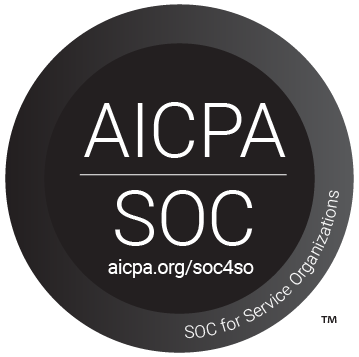October is Cybersecurity Awareness Month, with 2022 marking the 19th such occasion. Throughout October, the CNYRIC will be shining the spotlight on a variety of cybersecurity awareness topics, in the pursuit of stronger everyday practices that will help empower employees to make smarter, safer decisions to protect themselves, their organizations, and their school districts.
Strong Passwords
You’ve probably heard some variation of these comments more times than you’d care to recall:
“You need to have a strong password.”
“Your password must contain both a number and a special character.”
“Please, please, please don’t make your password ‘12345’ -or- those numbers in reverse!”
Yes, password management can start to feel daunting, given both the persistent presence of cybersecurity threats, and the equally persistent requirement of websites to task users with “creating an account” in order to access content. And with more logins, comes the need for more memorization of credentials. How is one supposed to manage all of this? Are strong passwords really that important?
Why You Need Them
The short, emphatic answer is “yes,” because strong passwords are the important first line of defense against hackers who have nefarious intentions should they obtain your credentials. While the need to manage multiple passwords can unquestionably become burdensome, it doesn’t have to be. There are many strong password managers out there that can help you maintain security without having to lean so heavily on your memory (or lack thereof). Password managers have come a long way in the past few years, so don’t be afraid to use them!
Video credit: National Cybersecurity Alliance
Define “Strong” For Me?
Operating under the assumption that you’re buying into the idea of getting help with managing all these passwords, now you can place a greater focus on the strength of those passwords themselves. But what makes a “strong” password?
The National Cybersecurity Alliance tell us that strong passwords make use of the following principles:
Setting strong passwords is the frontline defense against hackers who intend to do harm (financial or otherwise) to your school district’s network. By taking the time to really make this defense as robust as possible, we all stand a greater chance of turning the threat away at the front door, and keeping our networks and data as secure as possible.
Other Cybersecurity Awareness Month Features:
Week 1 - MFA |
Strong Passwords
You’ve probably heard some variation of these comments more times than you’d care to recall:
“You need to have a strong password.”
“Your password must contain both a number and a special character.”
“Please, please, please don’t make your password ‘12345’ -or- those numbers in reverse!”
Yes, password management can start to feel daunting, given both the persistent presence of cybersecurity threats, and the equally persistent requirement of websites to task users with “creating an account” in order to access content. And with more logins, comes the need for more memorization of credentials. How is one supposed to manage all of this? Are strong passwords really that important?
Why You Need Them
The short, emphatic answer is “yes,” because strong passwords are the important first line of defense against hackers who have nefarious intentions should they obtain your credentials. While the need to manage multiple passwords can unquestionably become burdensome, it doesn’t have to be. There are many strong password managers out there that can help you maintain security without having to lean so heavily on your memory (or lack thereof). Password managers have come a long way in the past few years, so don’t be afraid to use them!
Video credit: National Cybersecurity Alliance
Define “Strong” For Me?
Operating under the assumption that you’re buying into the idea of getting help with managing all these passwords, now you can place a greater focus on the strength of those passwords themselves. But what makes a “strong” password?
The National Cybersecurity Alliance tell us that strong passwords make use of the following principles:
- Aim to make your passwords at least 12 characters in length
- Keep them unique, and give each online account its own password (remember, you can use a password manager) and never use the same passwords across multiple sites. If you do, someone compromising one account may now be able to compromise more of them if you’ve been utilizing the same password on each site. Per the Alliance, “To really trick hackers, none of your passwords should look alike”
- Make your passwords complex. Each unique password should be a combination of uppercase letters, lower case letters, numbers, and the aforementioned special characters such as “!” or “?”
Setting strong passwords is the frontline defense against hackers who intend to do harm (financial or otherwise) to your school district’s network. By taking the time to really make this defense as robust as possible, we all stand a greater chance of turning the threat away at the front door, and keeping our networks and data as secure as possible.
Other Cybersecurity Awareness Month Features:
Week 1 - MFA |






